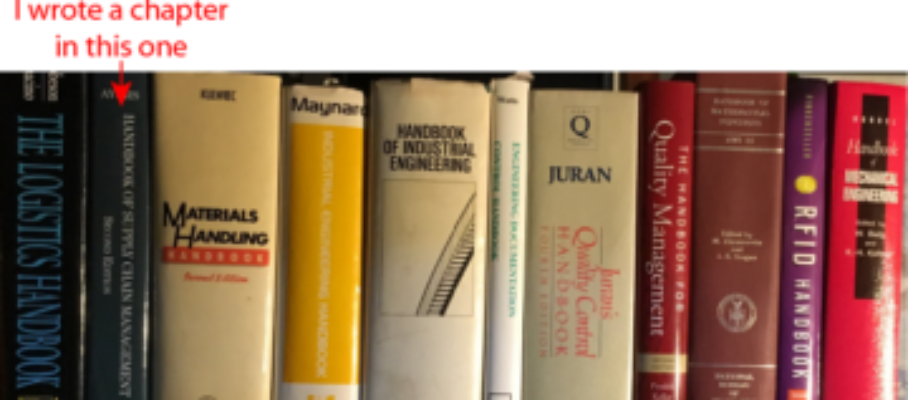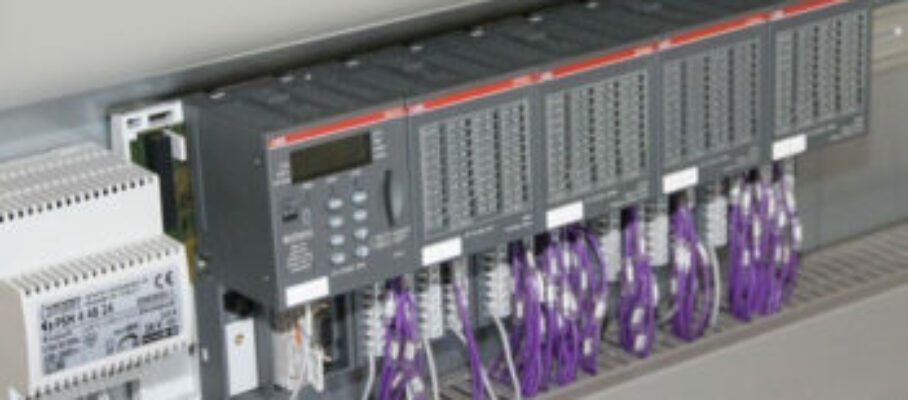Jan 13 2020
New Year Lost and Found | John Shook | Planet Lean
“As many of us are wont to do, I reflected a bit over the holidays. As always, it wasn’t hard to find ample fodder on both sides of the hope vs despair ledger: we have so much cause for concern around us, but also plenty to rejoice about. […] This year’s reflection confirms what I’ve found over many years: when seeming to lose something of great value, if you look you can find that something new has come along to offer welcome and perhaps unexpected value.[…]
As a noteworthy attempt to shed light on the lean and digital muddle, I turn to Christoph Roser’s Industry 4.0 Discovery Bus Tour of Geeks. Christoph rented a bus and invited interested parties to join in a tour to try to figure out exactly what is all this noise about Industry 4.0. The Geeks visited 10 German factories that claim to be doing exemplary work, with Christoph blogging about the visits along the way. I encourage you to read the entire series of posts on his blog All About Lean.”
Source: Planet Lean
Michel Baudin‘s comments:
It’s wonderful to see LEI Chair John Shook recognize Christoph’s tour of Industry 4.0 as a highlight of 2019. The tour takes up half of his picture gallery. In his description, he got the essence right but a few details wrong. It wasn’t a “Bus Tour of Geeks” but a “Van Full of Nerds.”
It was a van because there were only 8 of us, and “nerds” at my insistence. Geeks are wannabee nerds and “nerds” was a more accurate description of Ralph Richter, Franck Vermet, Torbjørn Netland, Christoph Roser, Hironori Hibino, Kai Lorentzen, Mark Warren, and me.
We also visited 7 factories, not 10: Bosch (2 sites), ABB, Kärcher, Siemens, Trumpf, and Audi. In addition, we visited R&D labs, startups, and universities. Altogether, it was the most informative and densely packed tour I have ever been on or organized.
I agree with John Shook that Christoph’s posts about the tour are must-reads, as he covered every visit we made. I blogged about this trip in a complementary way, about tools and ideas that intrigued me rather than companies:
#lean, #lei, #planetlean, #allaboutlean, #johnshook, #industry40, #vanfullofnerds





Jan 13 2020
The Engineering of Human Work
“Human work engineering” is neither a major in any university nor a job title I have ever encountered. As a specialty, it would integrate content currently filed under Human Factors, Ergonomics, Safety, Human-Machine Interfaces, Usability Engineering, Mistake-Proofing, and Jidoka into a consistent approach to production and service delivery.
But wait! Isn’t it what Industrial Engineering (IE) was supposed to be?
Share this:
Like this:
By Michel Baudin • Training 3 • Tags: Engineering, Ergonomics, Human Work, IE, industrial engineering, Management, Mistake-Profing, Usability Engineering